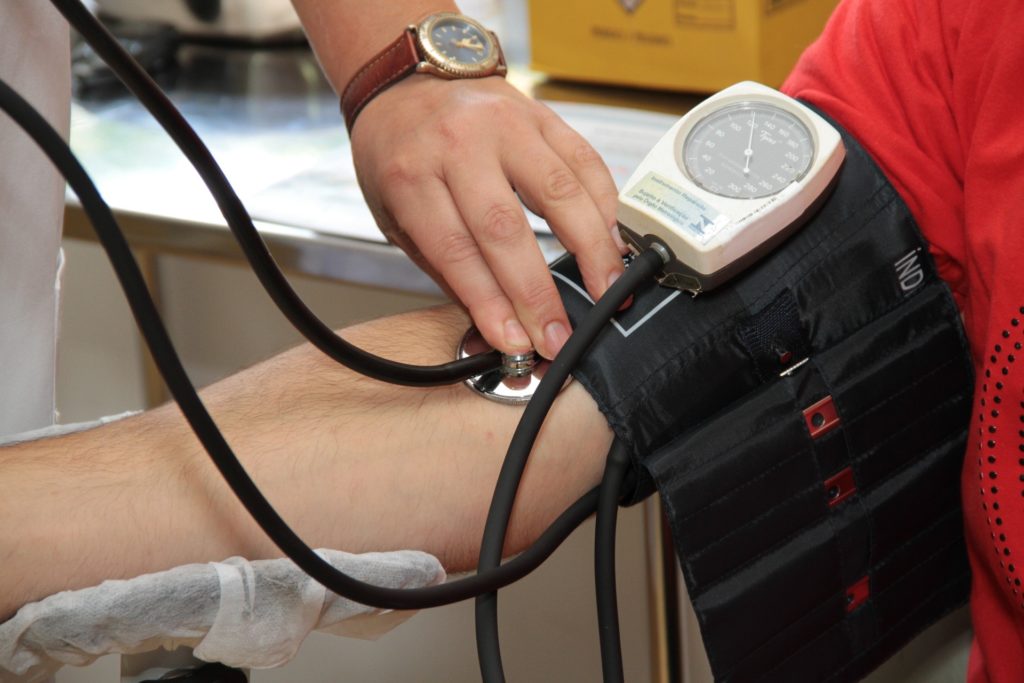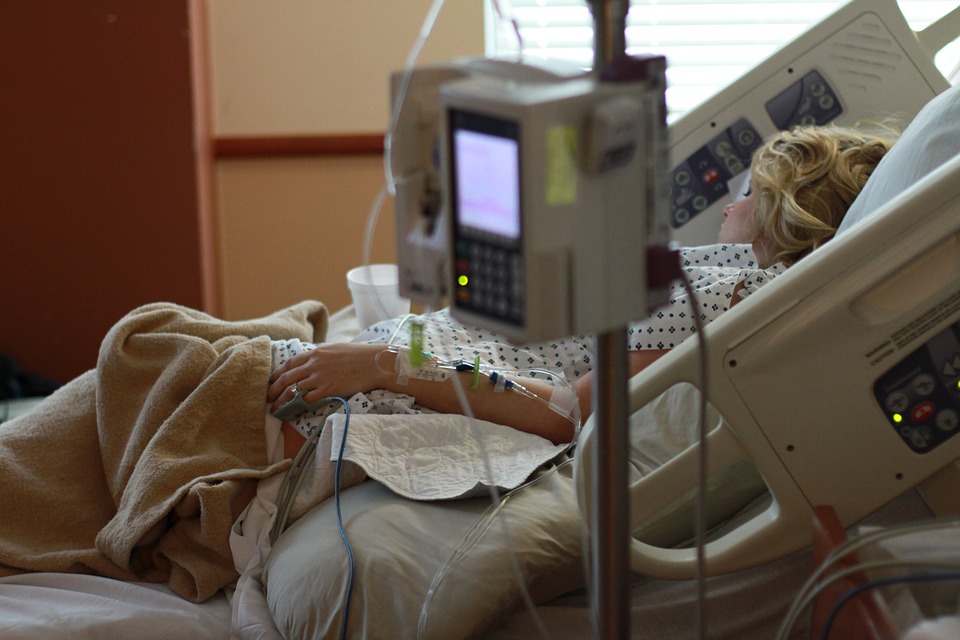Where to go when you get sick: Hospital or Clinic?
I have a fever. I need to go to the hospital!

Nobody ever plans to get sick or have an accident. If you do end up in this situation, you need to act fast. Therefore, you should be familiar with the health system in Canada, which may be very different from the system of your own country. One very important thing to know is that Canadians choose from two types of health care providers: a hospital or clinic.
What is the difference between clinics and hospitals? Only if you know this can you avoid confusion and get the help you need as quickly as possible. Canadians use each of these in very different ways.

Clinics are for non-emergencies, like minor illnesses
If a student says that they want to go to a hospital because they have a fever, most Canadians will think this is strange or worry that it is very serious. When an international student says they need to go to the hospital, what they often actually need is to go to a clinic.
Firstly, clinics are smaller than hospitals and are the main source of everyday health care for most Canadians. People go to clinics for advice and to get treatment for minor issues like sore throats, fever, mild flu, minor burns, and so on. Doctors will examine a patient and prescribe medicine if it is needed. After explaining how to use the medicine, the doctor sends the patient home.
It is important to know that each clinic will have a different schedule. They are not open all the time. In fact, they are often closed during the weekend and have reduced hours during the week. Some clinics may close as early as 3 or 4 PM from Monday to Friday. You can make an appointment with a doctor or you can go to a walk-in clinic. No appointment is necessary in walk-in clinics, but you have to wait for your turn before you can go in to see a doctor. Depending on how busy the clinic is, you may need to wait for an hour or more.

Hospitals are for emergencies
Unlike in other countries, if Canadians get sick or have minor medical issues, we do not go to a hospital. We only go to hospitals for very serious issues. For example, we go when we have severe allergic reactions, loss of consciousness, bleeding that we cannot stop, or any condition that we think is life threatening.
Because they deal with such serious issues, hospitals are open 24 hours. During the day there is often a main entrance used by everyone. At night, this entrance will be closed and you can only access the hospital through the emergency room.
Where should you go for your medical problem?
To sum up, choosing to go to a hospital or clinic depends on the situation and how much money you want to spend. Is it a minor issue, like a minor burn, a cold, or a fever? Go to a clinic. Is it a serious injury from a bad accident or a very serious illness? Go to a hospital. If you go to a clinic, the clinic will probably send you to the hospital anyway and you will have wasted time. Is it a life-threatening injury or illness that requires immediate emergency care? Call 911 or go to the emergency room of the hospital. If you need to get a special test such as an X-ray or an MRI, you can choose to go to a hospital or clinic. It is often cheaper to get these tests at clinics, and you will also have a shorter wait times.
If you have any doubts about where to go, ask a friend, teacher, or homestay parent to guide you.
Take care!
Summary of differences: hospital or clinic
| Hospitals | Clinics | |
| Type of medical problem | For serious illness or injury | For treatment of minor injuries, mild sickness, checkups, or advice |
| Hours and appointments | Open 24 hours; in the evening, you must use the emergency room entrance | Opens a few hours per day and often closed on weekends |
| Types of patients | Patients can be admitted for treatment and stay in the hospital or go home. Beds and rooms are available | Doctor examines patient, gives medication as well as directions on how to use medication, and sends patient home |
| Other differences | MRIs, X-rays, and other special tests take longer and are often more expensive
Hospitals are larger and have various sections, or wards (ex/ accident, cardiology, maternity, |
MRIs, X-rays, and other special tests take a shorter time and are cheaper
Smaller than hospitals, with fewer equipment available and different specialties |



